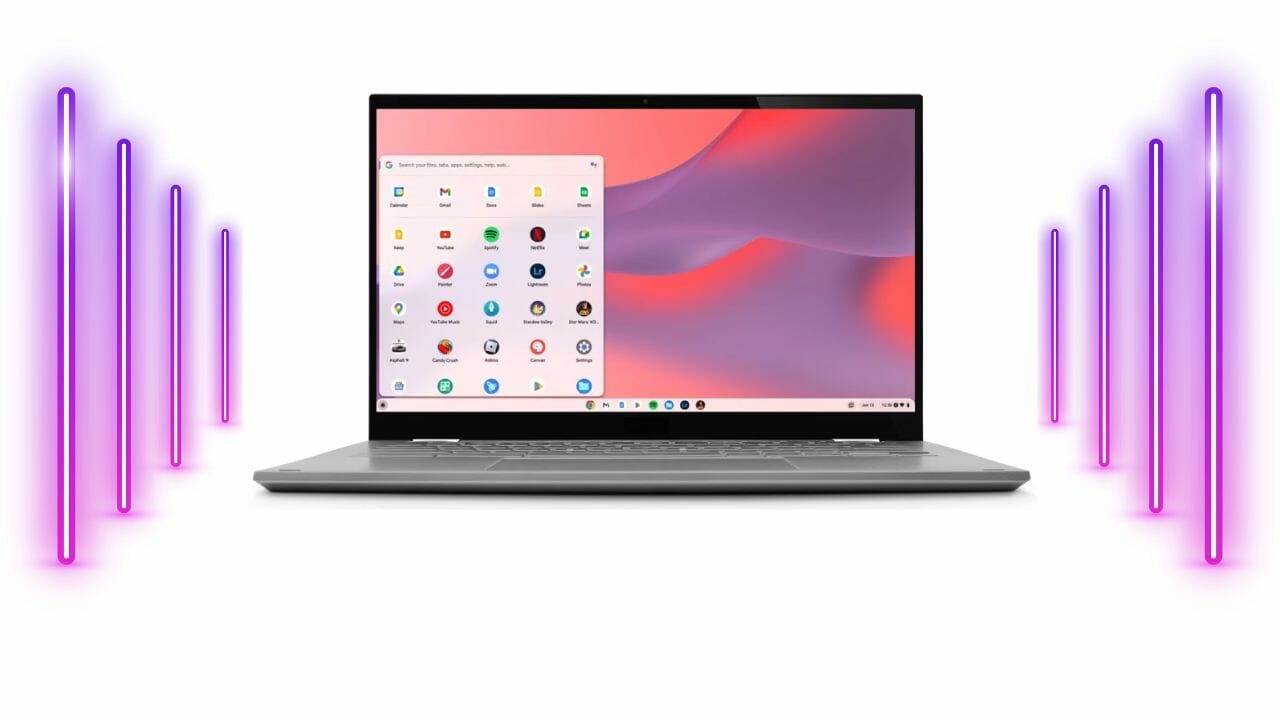The mobile industry, particularly within the Android ecosystem, has long grappled with a common problem: the short lifespan of operating system support for devices, leaving users vulnerable to security threats.
This problem has spread to larger devices like Chromebooks, causing institutions and schools to be burdened with essentially electronic waste.
In a surprising move by a technology company, Google has announced a significant change. Starting next year, Chromebooks will receive an impressive ten years of updates. What’s even more praiseworthy is that this extended support could be applied retroactively to certain older machines, allowing users to opt in to receive updates for the remaining decade after their device’s release.
Of course, it’s important to note that a Chrome OS update won’t magically make an older machine faster. Many users may still decide to upgrade their hardware long before the full decade of software support ends. However, any initiative that helps reduce electronic waste deserves recognition. As someone who owns a five-year-old unsupported ASUS Transformer, the prospect of extended upgrades is certainly appealing.
However, there is another aspect to consider, which relates to the underlying business model of Chromebooks. Hardware manufacturers are unlikely to be enthusiastic about users keeping their old devices alive with new updates, and Google probably isn’t doing this solely out of altruism. It is reasonable to suspect that the financial incentive lies in the additional five years of monetizing user data.
Subscribe to our latest newsletter
To read our exclusive content, register now. $5/Monthly, $50/Yearly
Categories: Technology
Source: vtt.edu.vn
